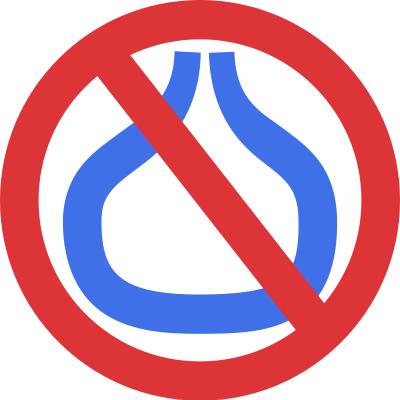

This is almost precisely that. It’s 1% more than 3% per year over 10 years for mayor, and half that for the council members.


This is almost precisely that. It’s 1% more than 3% per year over 10 years for mayor, and half that for the council members.


People probably mistakenly assumed the law was in good faith and would do something like ban hanging crosses around the classroom, not ban covering up part of your body. Calling head coverings “religious symbols” is flatly dishonest. Next up anybody who doesn’t eat bacon at every meal will be fired for forcing their religion on others.


Well they saved “258 million” people from fentanyl overdose in 100 days; finding half of them jobs in a week should be no problem.
https://www.snopes.com/fact-check/pam-bondi-fentanyl-258m/
bought in exchange for political capital
That’s a very uncharitable assumption of his motivations.
Dropping out of an (FPTP) primary is like awkward manual runoff voting. Once you clearly aren’t winning, you drop out so those votes can flow to the next preferred candidate.
People voting for Buttigieg switched to Biden because he was the most similar candidate. Of course Buttigieg would support the candidate that best matches his policy preferences – and the preferences of voters.


Most of them are leaving. I think the ones remaining rely on bundling with other insurance or services.


Paper is paywalled, but from the SciTech article it looks like mostly it was sodium sulfate. They did also make some “ocean-degradable plastics”.


Thanks for the link and breakdown.
It sounds like a better description of the estimated thinking speed would be 5-50 bits per second. And when summarizing capacity/capability, one generally uses a number near the top end. It makes far more sense to say we are capable of 50 bps but often use less, than to say we are only capable of 10 but sometimes do more than we are capable of doing. And the paper leans hard into 10 bps being a internally imposed limit rather than conditional, going as far as saying a neural-computer interface would be limited to this rate.
“Thinking speed” is also a poor description for input/output measurement, akin to calling a monitor’s bitrate the computer’s FLOPS.
Visual processing is multi-faceted. I definitely don’t think all of vision can be reduced to 50bps, but maybe the serial part after the parallel bits have done stuff like detecting lines, arcs, textures, areas of contrast, etc.


Oh. Sorry about that.


Incidentally Equifax’s new slogan
The advantage of a straightforward UBI over NIT is that voters are selfish and stupid. If everyone gets a check, they are far more likely to support maintaining and increasing the benefit. It also removes the stigma that would be present for those receiving NIT payments.


It was in fact very badly written, with stuff like wage changes taking effect “immediately” (in practice 5 days after vote counts are certified).


Yeah, such a shameful lack of bigots’ POV.


I hope anytime someone asked for the manager you said, “I’ll go get the manager, Karen.”


If there was a government-mandated monopoly on coffee and it was sold in L/s, we probably would.


Surprised not to see any posts referencing the Arbitrary List of Popular Lights or !flashlight@lemmy.world.
One of the requirements to make it on the list is:
A user interface where a single click turns the light on in a reasonable mode, and another single click turns it off.
Lemmy without politics is kinda a ghost board. There is maybe 3 or 4 new posts a day.
I think your approach of blocking any user who posts about politics is eliminating the most prolific posters when 95% of their stuff is non-political. This is not to say your approach is bad, just that it doesn’t actually represent “Lemmy without politics”.

Once you start showing formatting you will also be able to see and delete “Section Breaks” more easily, which brings in another bit of Word deep magic:
Settings for sections are at the end of the section. If you delete a section break, the previous section will start using the settings of the next section.
This is especially fun for the last section of the document. If you want it to use the settings from the previous section, you have to manually “copy” the settings by editing the good section and then Redo in the bad section.


Interlibrary loans are a wonder of the world and a glory of civilization
-Jo Walton, Among Others
narrow plurality